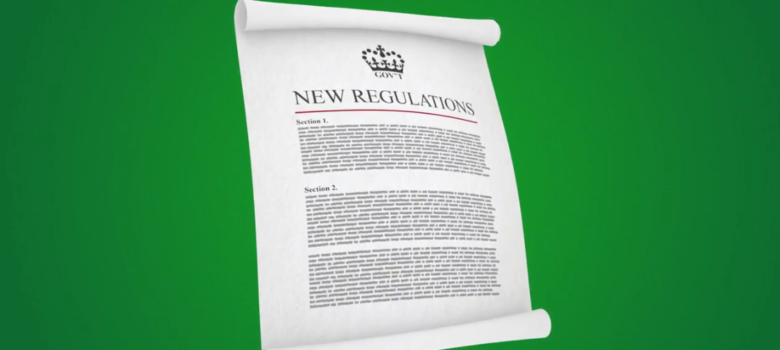
New year, new you, new energy industry compliance legislation!
I was laughed at in the Green Age offices for considering that a ‘snappy title’ for this post, but in reality Lot 20 doesn’t need a hyperbolic headline or some sexy acronym. Lot 20 speaks for itself, and what it says in no uncertain terms is that the electric heating market is transforming.
What is LOT 20?
Lot 20 is the name given to a certain subdivision of items covered by the European Ecodesign Directive. I’m sure that would be really useful information if you know what that is but since you’re reading this blog I’ll assume that you don’t. And why would you? It’s not on the news all that much and even if it was it doesn’t exactly have the type of name to stick in your memory – I told you there were no fun acronyms here. We’ll refer to it as the Ecodesign Directive from hereonin for lack of something flashier.
The Ecodesign Directive exists to set a bunch of rules and requirements that all energy-using and energy-related products in the EU must comply with. 
Because of the enormous scope of the Ecodesign Directives remit they separate legislation in to ‘lots’. Lots and lots of lots (classic EU energy legislation humour). Lot 20 covers the wide spectrum of local space heaters, which includes storage heaters, electric radiators, infrared heating panels, underfloor heating and a few other bits and bobs along those lines.
What does Lot 20 say?
Lot 20 states the new minimum efficiency rating for all local space heaters, although confusingly this varies somewhat depending on the system they use to work. The efficiency is calculated based on the energy saving technology utilised by the product, so a low scoring heater could be an old style low budget storage heater with basic dial controls and inaccurate internal mechanical thermostat. Effectively Lot 20 is attempting to take a step away from manually and fallibly controlled temperature regulation and towards smarter systems.
Most electric heaters will begin with a baseline rating of 30% efficiency, though ‘fixed electric’ heaters such as infrared and electric radiators will be set at a 38% minimum. Portable electric space heaters, and storage heaters below 250w also have different specifications. While products falling below these minimum standards can still be sold, they’re no longer permitted to be manufactured. This will ensure that people are not longer buying the lowest performing electric heating, but rather investing in technologies like infrared and smart thermostats that use less energy more effectively with lower running costs.
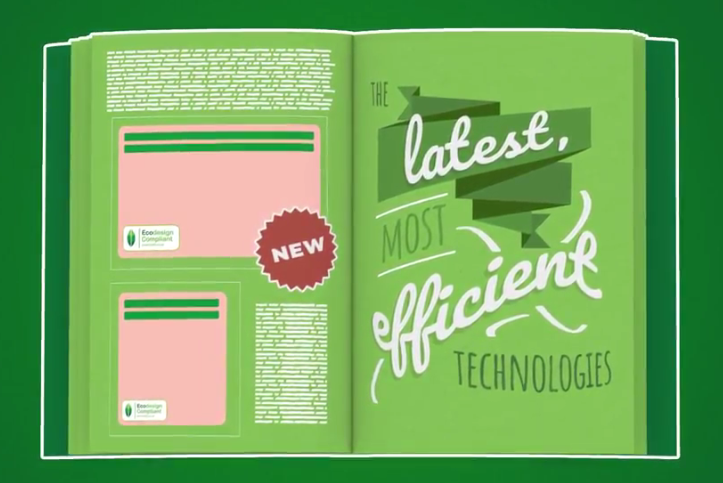
How will Lot 20 affect me?
Hopefully it won’t, at least not in a way you’ll really notice. The idea is that halting production but allowing remaining stocks to be sold off will slowly and organically remove them from the market. Although you’d expect the sudden shortage of old school electric heaters and subsequent push on smarter tech to raise prices, the Ecodesign Directive directly addresses this, explicating that “ecodesign requirements should not affect the functionality or affordability of local space heaters”.
In fact, towards the end of the reserves you can expect to see shops slashing prices, clearing out old stock. While this could mean snagging a bargain as clearance prices drop, it’s important to remember that the entire reason they’ve been pulled from manufacture is that they’re not efficient systems. The running costs will be higher than anything passing the compliance regulations. It might serve you better to view Lot 20 as an opportunity to update your electric heating to something cheaper to run – infrared is an excellent modern alternative.
Think we missed something? Do you have a different opinion?
Comment below to get your voice heard…



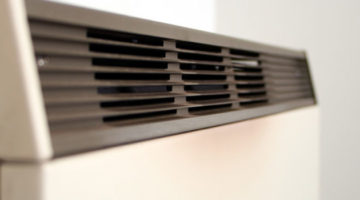
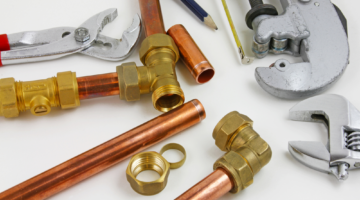
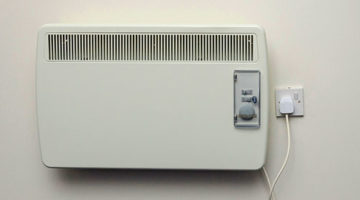
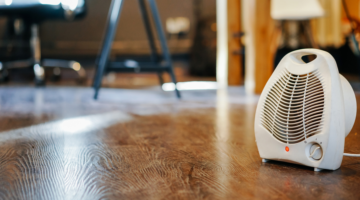





Been advised by an epc surveyor that to upgrade the heating in a flat l must install Economy7 plus a dual meter and a programmable storage heater. I am told l cannot install lot20 heating. Please comment. Thank you -Jonathan Barkwith
It’s downright bribery to make you get a Smart meter. I replaced 56 year old and installed LOT 20 heaters and now my EPC has gone down. The heaters are marked “Very Poor”.
I hope you get a sensible answer from The Green Age!